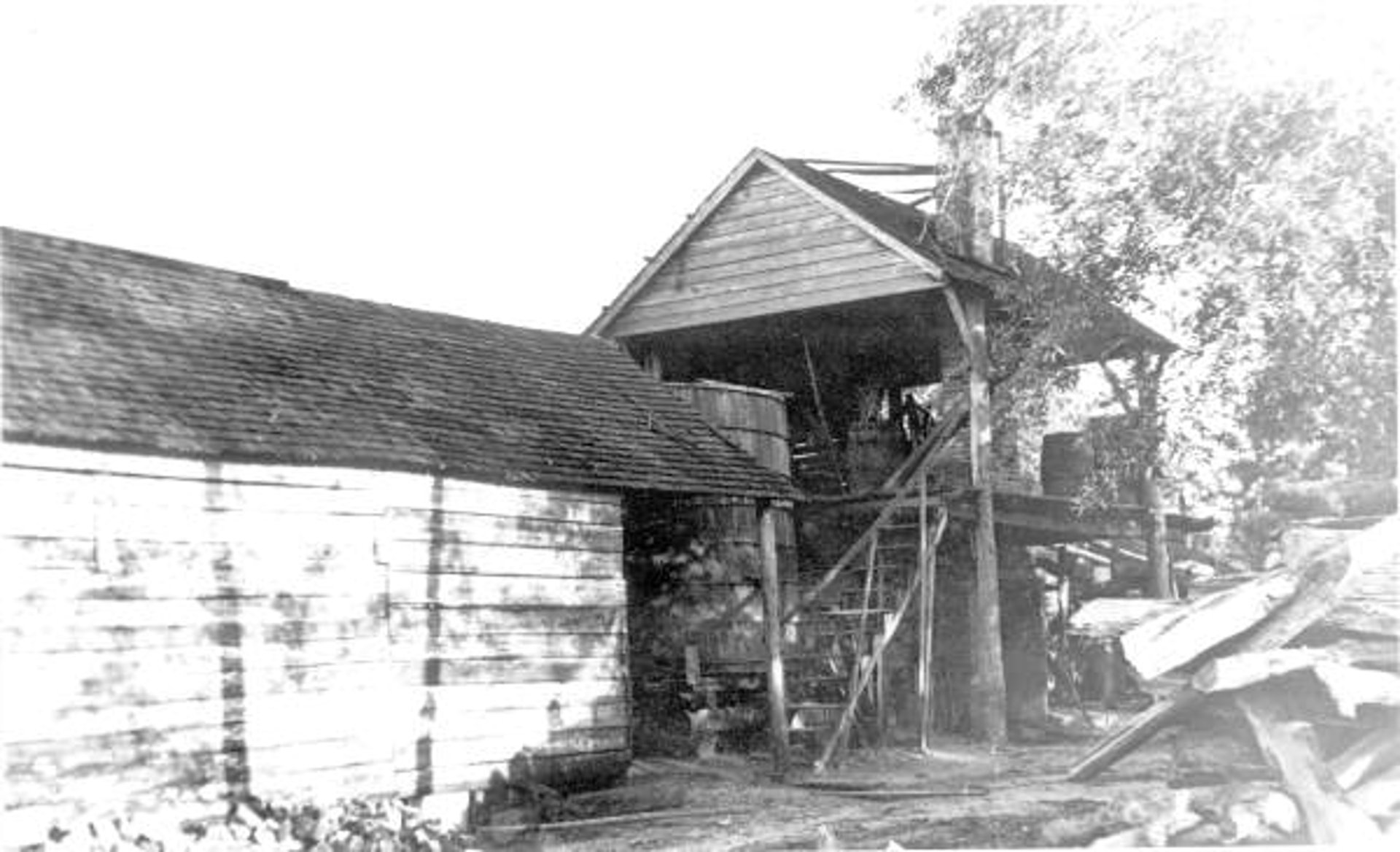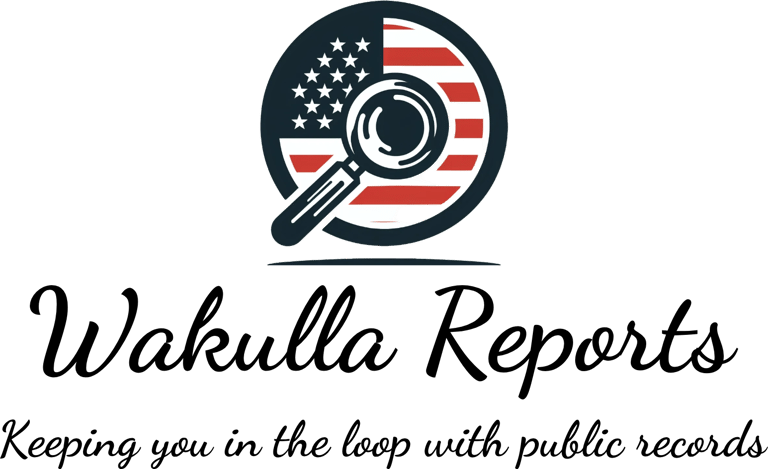August 18, 2025 Regular Wakulla BOCC Meeting Consent Agenda
Consent Agenda (Items 3–11, 20–21) packed with grants, contract amendments, and administrative actions labeled as “routine.”
WAKULLA BOCC MEETINGS2025
Ida B. Wells
8/17/20252 min read


Wakulla County residents, the August 18, 2025, BOCC meeting includes a hefty Consent Agenda (Items 3–11, 20–21) packed with grants, contract amendments, and administrative actions labeled as “routine.” County staff pitch these as no-brainers,” but with growing frustration over development and rising costs, let’s take a closer look. Are these items truly serving us, or are they piling on hidden burdens?
The Consent Agenda covers everything from mosquito control funding (Item 3, $38,892.42 with a matching county contribution) to sewer expansions (Item 9, $12.7M for Wakulla Gardens) and flood mitigation for Panacea lift stations (Item 11, $725,597 with a $19,768 match). Other items include cybersecurity grants (Item 6), disaster recovery prep (Item 20), and a sheriff’s equipment purchase (Item 21, $4,472). Staff claim these protect public health, infrastructure, and safety, with many grants requiring little or no county funds. Sounds great, right?
But here’s the catch. The mosquito control grant (Item 3) requires a recurring $38,892.42 match, pulling from the General Fund year after year. If mosquito problems persist, is this money well spent? The sewer expansion (Item 9) aims to protect Wakulla Springs but could enable more subdivisions, fueling the development many of you oppose. The lift station project (Item 11) has seen multiple amendments, hinting at cost overruns or poor planning—why the constant tweaks? Even “free” grants like cybersecurity (Item 6) come with administrative burdens, and the disaster prep program (Item 20) feels speculative without an immediate crisis. The ESG contract amendment (Item 4) lacks details but continues a costly outsourcing deal ($1.2M in 2022), raising questions about transparency and necessity.
Residents are fed up with spending that seems to prioritize bureaucracy or developers over everyday needs. These items, while framed as routine, could lock us into long-term costs or infrastructure that supports unwanted growth. For example, sewer and lift station upgrades (Items 9, 11) might make coastal areas more developable, clashing with calls to preserve our rural character.
What You Can Do: Don’t let the “routine” label fool you. Contact the BOCC by August 17, 2025, to pull items like 9 or 11 for public discussion. Ask: Do these projects truly benefit existing residents, or are they paving the way for more development? Demand details on costs and long-term impacts. Your voice matters—speak up to ensure our tax dollars align with our priorities!

Additional Social Links
YouTube is your go-to for short clips, video explainers, and visual breakdowns of how Florida and Wakulla governments really work.
Facebook brings you bite-sized written content, sticky-note facts, and rolling updates you can share and discuss.
Prefer to browse at your own pace?
Bookmark our website and visit anytime for fresh posts, resources, and real-life examples from right here in Wakulla County.
© 2024. All rights reserved.
